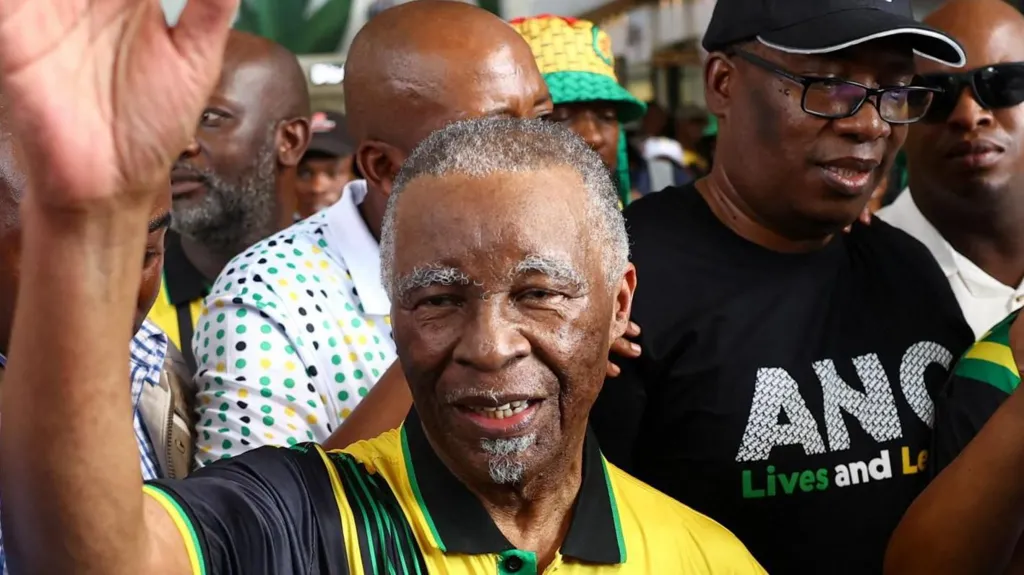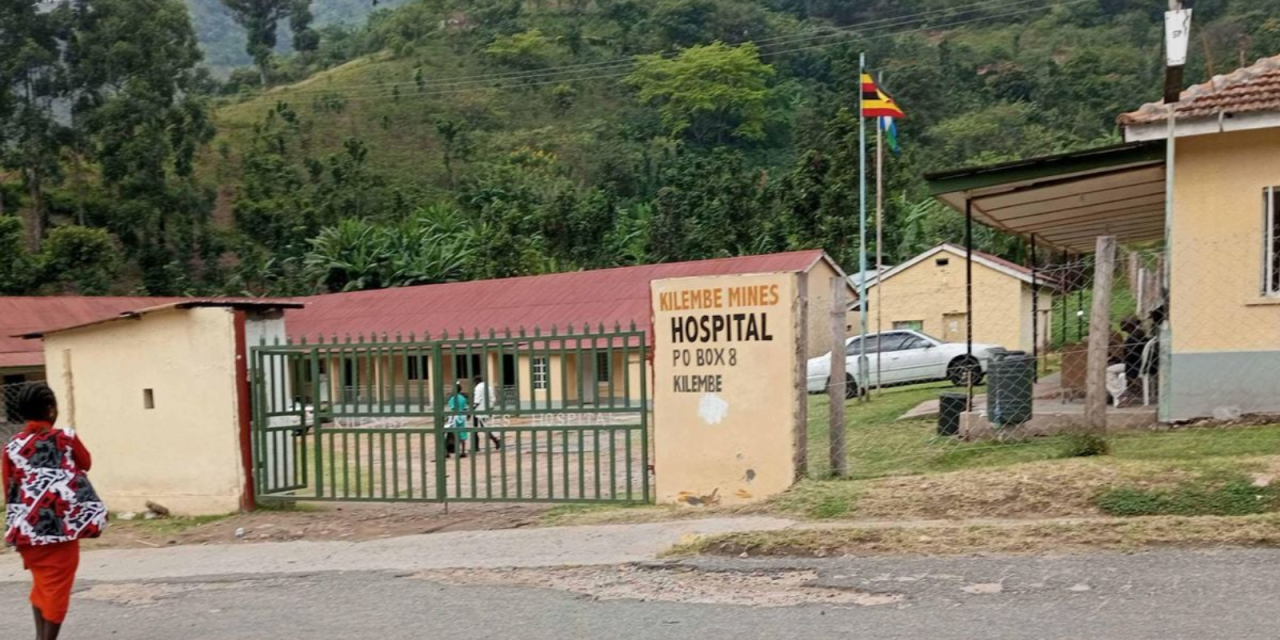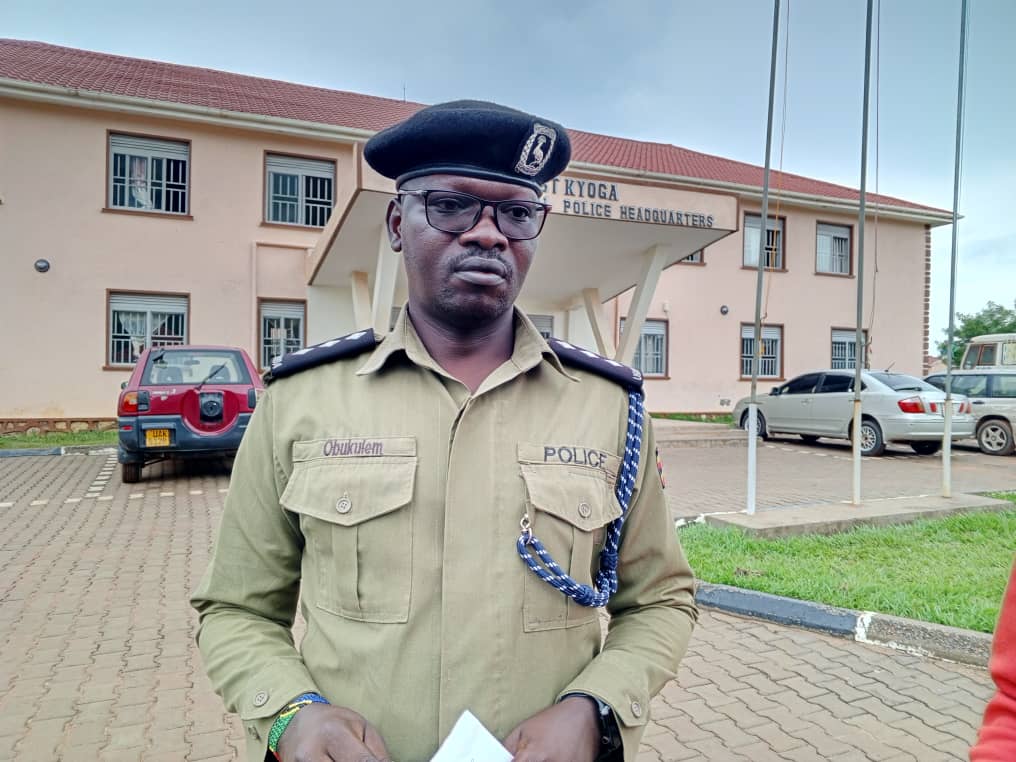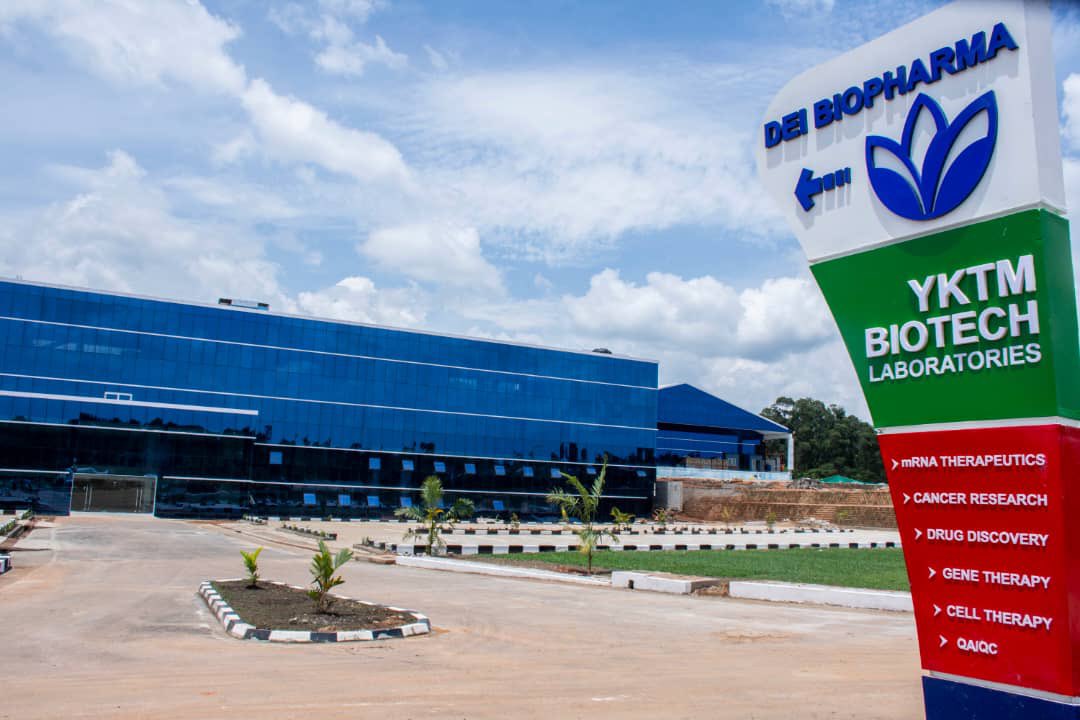Qian Xuesen: The man the US deported - who then helped China into space
A Chinese scientist helped not one but two superpowers reach the moon, writes Kavita Puri, but his story is remembered in only one of them.
In Shanghai there is an entire museum containing 70,000 artefacts dedicated to one man, "the people's scientist" Qian Xuesen.
Qian is the father of China's missile and space programme. His research helped develop the rockets that fired China's first satellite into space, and missiles that became part of its nuclear arsenal, and he is revered as a national hero.
But in another superpower, where he studied and worked for more than a decade, his significant contributions are rarely remembered at all.
Qian was born in 1911, as China's last imperial dynasty was about to be replaced by a republic. His parents were both well-educated and his father, after working in Japan, established China's national education system. It was evident from an early age that Qian was gifted, and he eventually graduated top of his class at Shanghai Jiao Tong University, winning a rare scholarship to the Massachusetts Institute of Technology in the US.
In 1935 a trim, well-dressed young man arrived in Boston. Qian may have experienced some xenophobia and racism, says Chris Jespersen, professor of history at the University of North Georgia. But there was "also a sentiment of hope and belief that China [was] changing in fundamentally significant ways", and he would certainly have been among people who respected his knowledge.
From MIT Qian moved to the California Institute of Technology (Caltech), to study under one of the most influential aeronautical engineers of the day, the Hungarian émigré, Theodore von Karman. There Qian shared an office with another prominent scientist, Frank Malina, who was a key member of a small group of innovators known as the Suicide Squad.
The group had earned this nickname because of their attempts to build a rocket on campus, and because some of their experiments with volatile chemicals went badly wrong, says Fraser Macdonald, author of Escape from Earth: A Secret History of the Space Rocket. Though he adds that no-one died.
One day Qian got drawn into a discussion of a complicated mathematical problem with Malina and other members of the group and before long he was an integral part of it, producing seminal research into rocket propulsion.
At the time, rocket science was the "stuff of cranks and fantasists," Macdonald says. "No-one is taking it seriously - no mathematically inclined engineer would risk their reputation by saying this is the future." But that quickly changed with the start of World War II.
The Suicide Squad caught the attention of the US military, which paid for research into jet-assisted take-off, where boosters were attached to the wings of aircraft to enable them to get airborne from short runways. Military funding also helped establish the Jet Propulsion Lab (JPL) in 1943, under the directorship of Theodore von Karman. Qian, along with Frank Malina, was at the heart of the project.
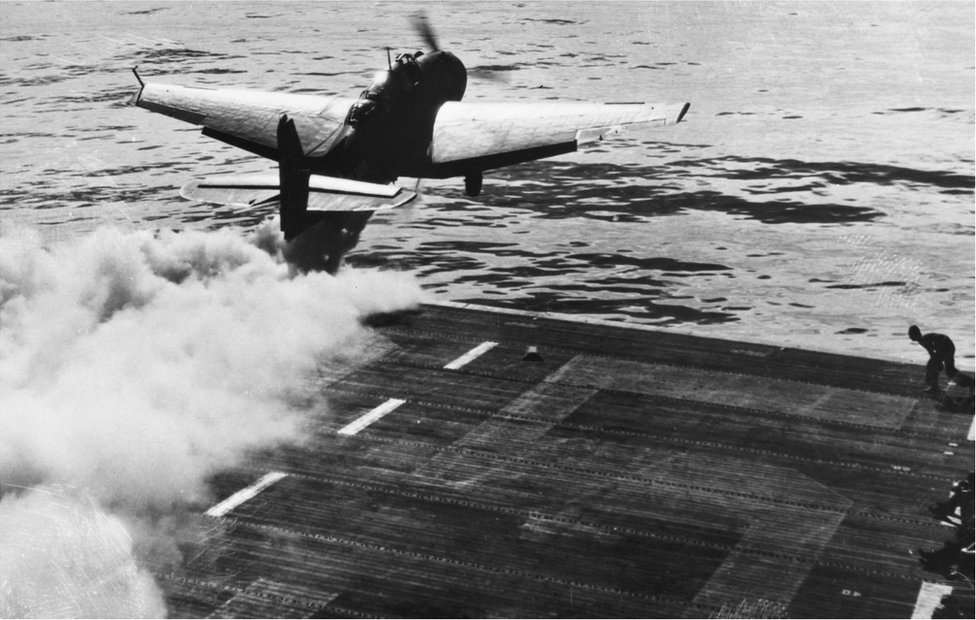
Qian was a Chinese citizen, but the Republic of China was an ally of the US, so there was "no massive suspicion about a Chinese scientist at the heart of American space endeavour", says Fraser Macdonald. Qian was given security clearance to work on classified weapons research, and even served on the US government's Science Advisory Board.
By the end of the war he was one of the world's foremost experts on jet propulsion, and was sent with Theodore von Karman on an extraordinary mission to Germany, holding the temporary rank of lieutenant colonel. Their goal was to interview Nazi engineers, including Wernher von Braun, Germany's leading rocket scientist; America wanted to find out exactly what the Germans knew.
But by the end of the decade Qian's glittering career in the US came to a sudden halt, and his life there began to unravel.
In China, Chairman Mao declared the creation of the communist People's Republic in 1949, and quickly the Chinese came to be seen in the US as "the evil ones", says Chris Jespersen. "So we go through these periods in the US where we are infatuated with China, then something happens and we revile China," he says.
Meanwhile, a new director at the JPL came to believe there was a spy ring at the lab, and shared his suspicions about some members of staff with the FBI. "I note that they are all either Chinese or Jewish," says Fraser Macdonald.
The Cold War was under way, and the anti-communist witch-hunts of the McCarthy era were just around the corner. It was in this atmosphere that the FBI accused Qian, Frank Malina and others of being communists, and a threat to national security.
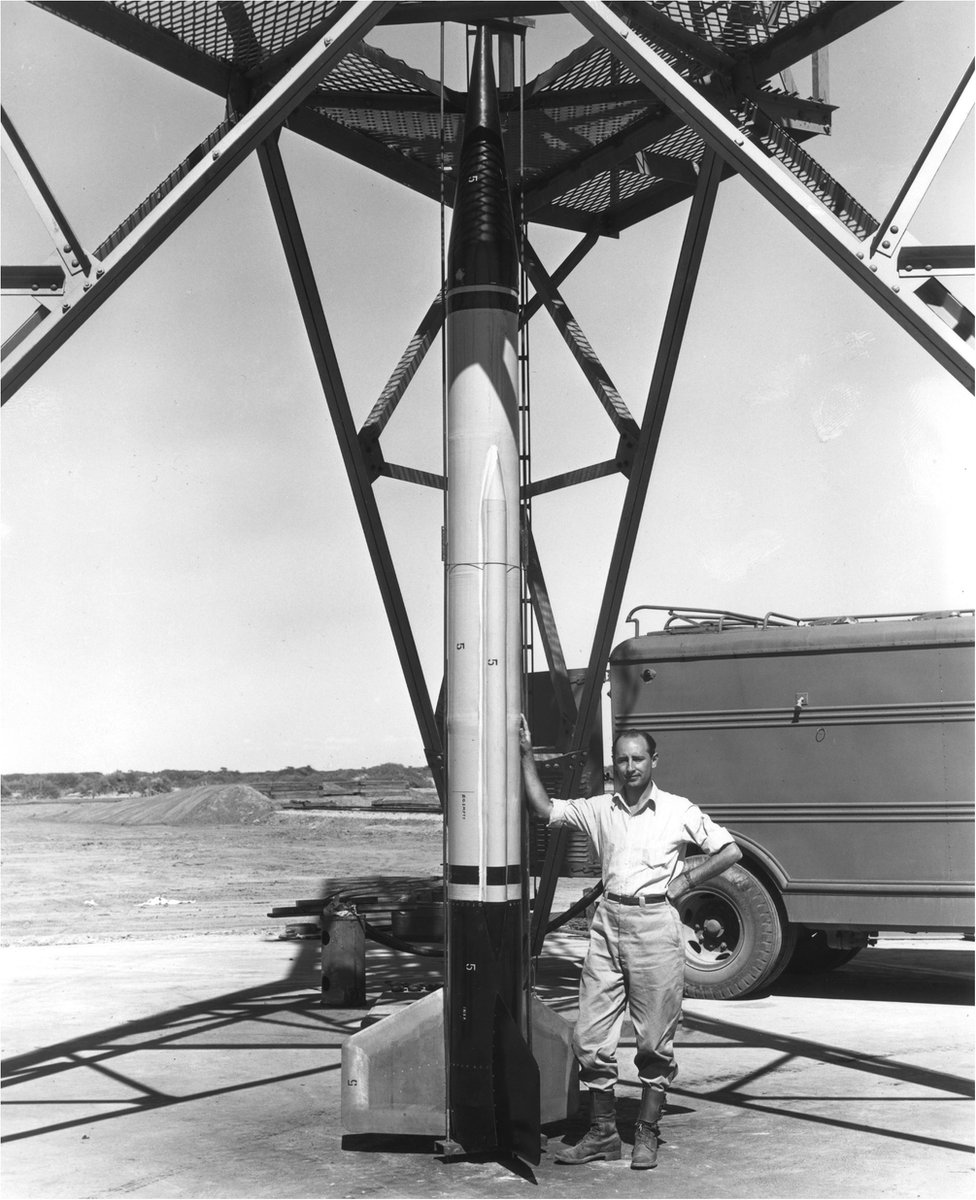

The charges against Qian were based on a 1938 document of the US Communist Party that showed he had attended a social gathering that the FBI suspected was a meeting of the Pasadena Communist Party. Although Qian denied being a party member, new research suggests he joined at the same time as Frank Malina in 1938.
But this doesn't necessarily make him a Marxist. To be a communist at this time was a statement of anti-racism, says Fraser Macdonald. The group wanted to highlight the threat of fascism, he says, as well as the horror of racism in the US. They were campaigning, for example, against the segregation of the local Pasadena swimming pool, and used their communist meetings to discuss it.
Zuoyue Wang, professor of history at California State University, says there is no evidence that Qian ever spied for China or was an intelligence agent when he was in the US.
He was, however, stripped of his security clearance and put under house arrest. Caltech colleagues, including Theodore von Karman, wrote to the government pleading Qian's innocence, but in vain.
In 1955, when Qian had spent five years under house arrest, President Eisenhower took the decision to deport him to China. The scientist left by boat with his wife and two US-born children, telling waiting reporters he would never step foot in America again. He kept his promise.
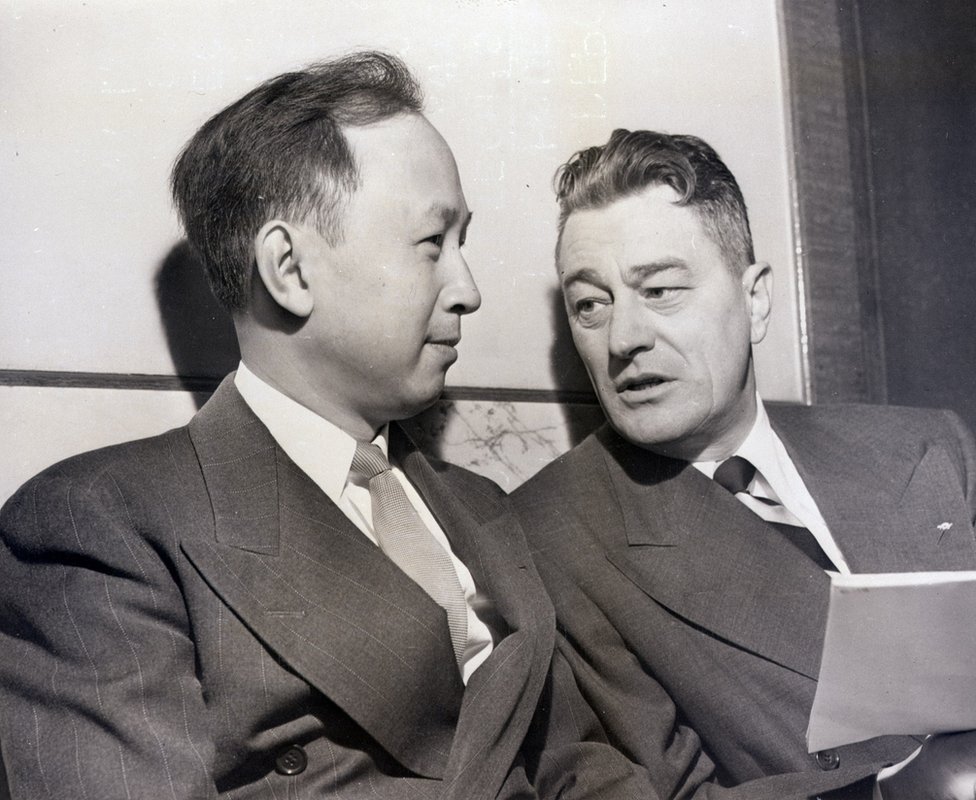
"He was one of the most prominent scientists in America. He had contributed so much and could have contributed much more. So it's not just humiliation but also a sense of betrayal," says the journalist and writer, Tianyu Fang.
Qian arrived as a hero in China but was not immediately admitted into the Chinese Communist Party. His record was not impeccable. His wife was the aristocratic daughter of a Nationalist leader, and until Qian's fall from grace he'd been living happily in America - he'd even taken the first steps towards applying for citizenship.
When he finally became a party member in 1958, he embraced it and always tried to remain on the right side of the regime. He survived purges and the Cultural Revolution, and thus was able to pursue an extraordinary career.
When he had arrived in China there was little understanding of rocket science, but 15 years later he oversaw the launch of the first Chinese satellite into space. Over the decades, he trained a new generation of scientists, and his work laid the foundations for China to send its own people to the moon.
Ironically, the missile programme that Qian helped develop in China resulted in weapons which were then fired back on America. Qian's silkworm missiles were fired at Americans in the 1991 Gulf War, Fraser Macdonald says, and in 2016 against the USS Mason by Huti rebels in Yemen.
"So there's this odd circularity. The US expelled this expertise, and it has come back to bite them." In taking a tough line against domestic communism, he suggests, the country deported "the means by which one of their main communist rivals could develop their own missiles and space programme - an extraordinary geopolitical blunder."
A former US Secretary of the Navy, Dan Kimball - later head of the rocket propulsion company, Aerojet - once said it was "the stupidest thing this country ever did".
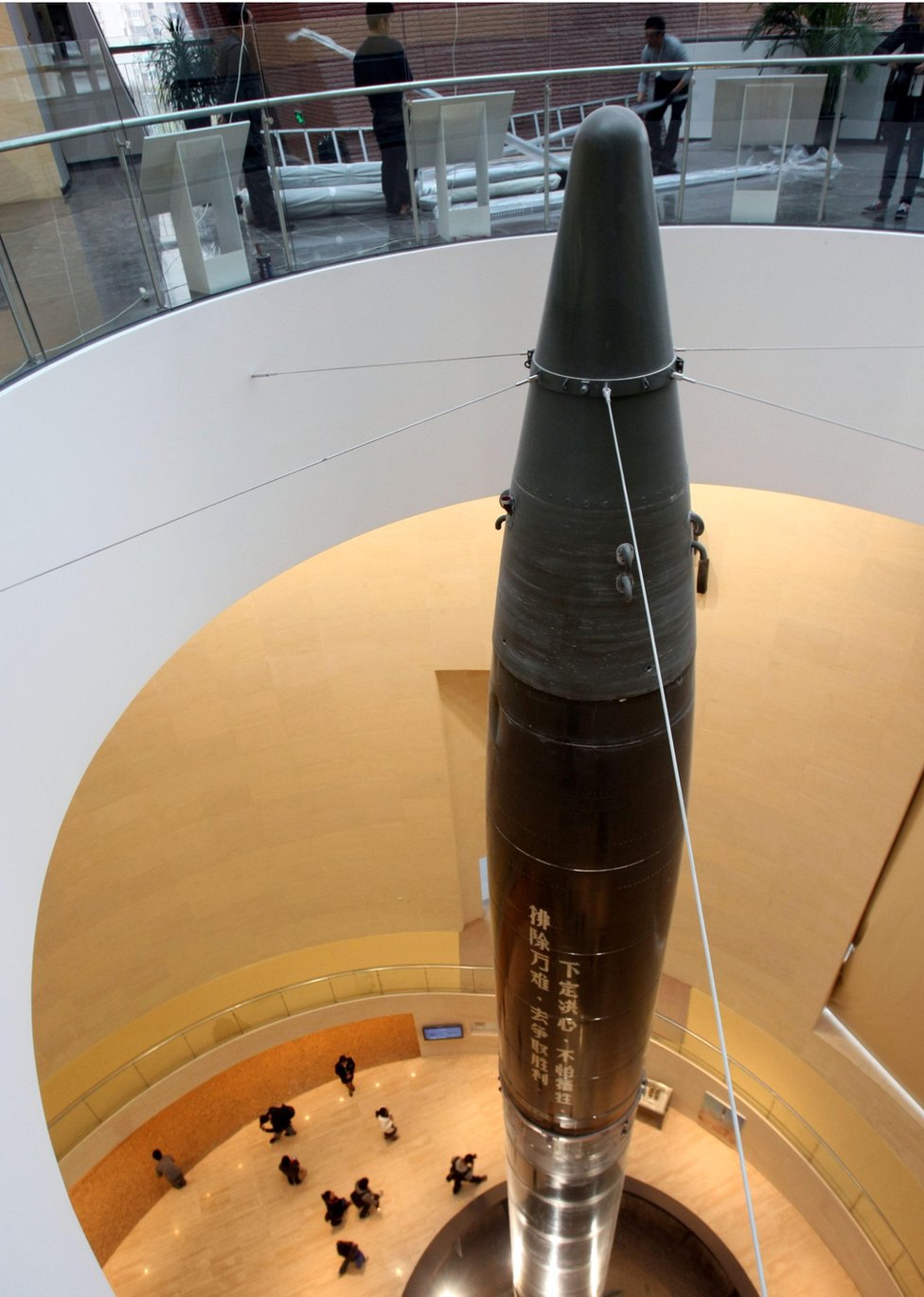

Today, there is once again heightened tension between China and the US. This time it's not over ideology but trade, concerns over tech security, and China's failure - as President Donald Trump regards it - to do more to contain Covid-19.
While most Americans have no idea about Qian and his role in America's space programme, Tianyu Fang says many Chinese Americans and Chinese students in the US, do know about him, and why he had to leave, and they see the parallels with the present day. "US China relations have got so much worse they know they could be under the same suspicions as Qian's generation," he says.
In Fraser Macdonald's view, Qian's story is a warning about what happens when you expel knowledge. "The whole story of American science is that it is propelled by people coming from outside… but in these conservative times that's a story that becomes harder to celebrate."
The JPL's contribution to the US space programme has, Macdonald believes, been much neglected compared to that of Wernher von Braun and other German scientists, who were taken in secret to the US soon after the visit paid to them by von Karman and Qian.
Braun had been a Nazi, and yet his achievements are recognised in a way that those of Qian and others from the JPL are not, Macdonald says. "The idea that America's first viable space programme was started by homegrown socialists - whether Jewish or Chinese - is not really a story that the US is able to hear about itself," he says.
Qian's life spanned almost a century. In that time China grew from an economic minnow to a superpower on Earth and in space. Qian was part of that transformation. But his story could have been a great American one too - where talent, wherever it is found, could thrive.
Last year, when China made history and landed on the far side of the moon, it did so in the Von Karman crater, named after the aeronautical engineer who was a mentor to Qian. A nod, perhaps, to the fact that American anti-communism helped propel China into space.
Source: BBC





